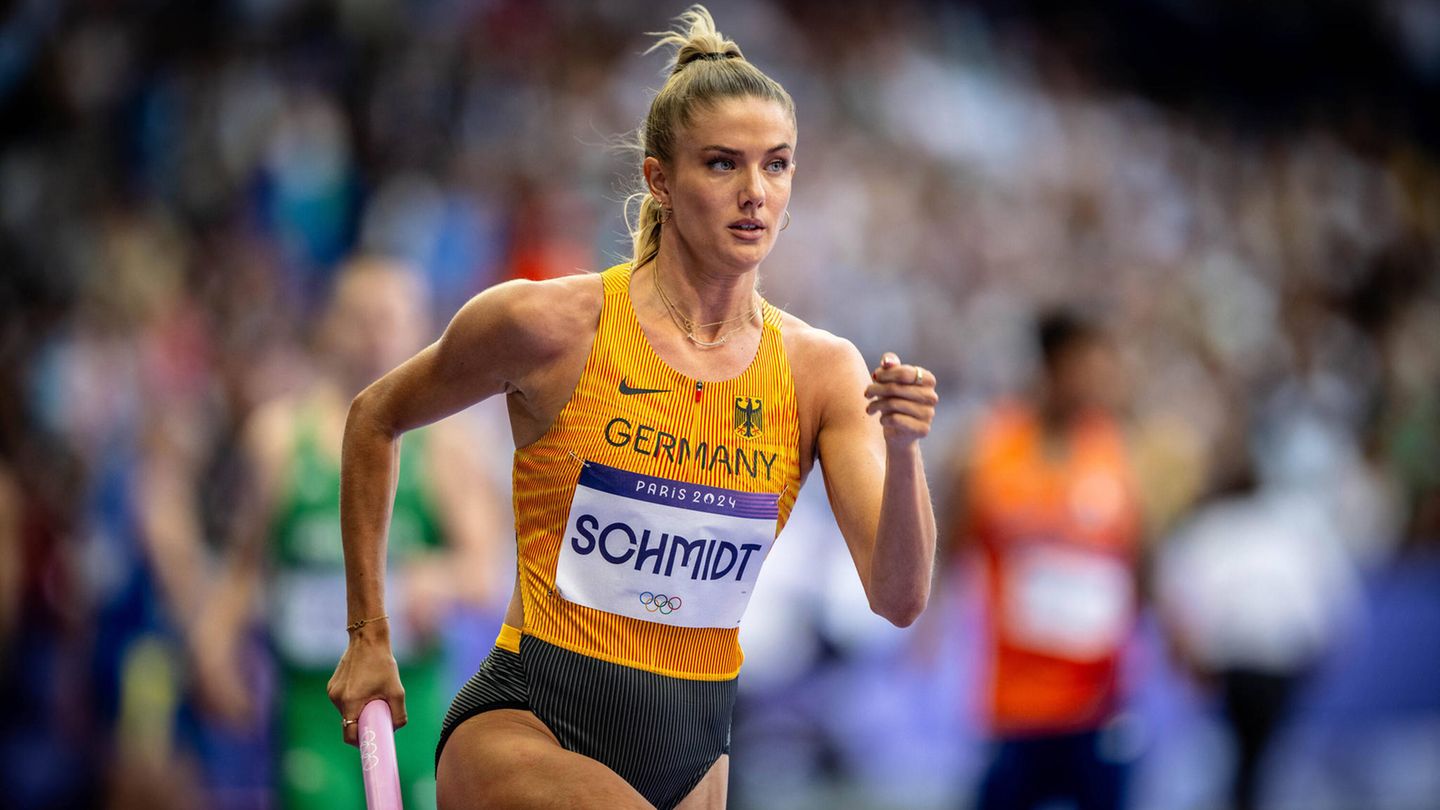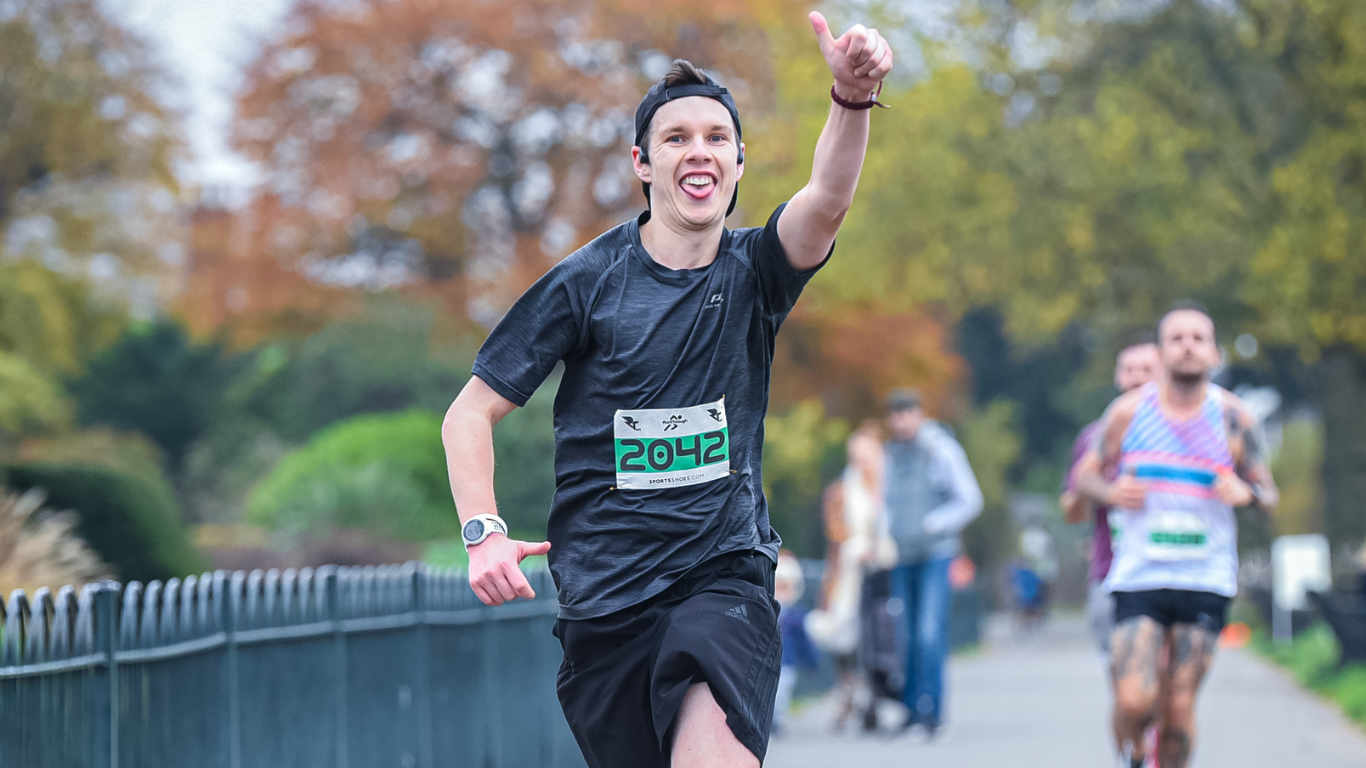What do the world’s best athletes eat? When it comes to fueling their bodies for peak performance, nutrition plays a vital role. From careful calorie management to tailored dietary strategies, elite athletes consume a mix of nutrients to help them achieve their goals. Their eating habits include everything from complex carbohydrates to lean proteins, with specific choices made according to their sport and training regimens.
Athletes often need to consume a significant number of calories each day. For instance, many male athletes eat around 2,800 calories, while female athletes typically require about 2,300 calories. These numbers can vary based on the intensity and type of training. It’s not only about quantity; the quality of food is equally essential for performance and recovery.
Exploring the nutrition secrets of champions helps illuminate how your dietary choices can impact your fitness journey. Learning from the practices of top athletes may inspire you to make smarter eating decisions tailored to your own goals.
Key Takeaways
- Elite athletes focus on balanced nutrition to enhance their performance.
- Daily caloric needs can vary significantly depending on training intensity.
- Understanding dietary strategies can help improve your own fitness results.
Understanding Nutrition in Sports
Nutrition plays a vital role in athletic performance. Focusing on macronutrients, hydration, and essential micronutrients can provide the necessary fuel for training and competition.
Macronutrients for Athletes
Macronutrients include protein, carbohydrates, and fat. Each serves a specific purpose in your diet.
- Protein is crucial for muscle repair and growth. Athletes should aim for 1.2 to 2.0 grams of protein per kilogram of body weight daily. Common sources include lean meats, dairy, legumes, and nuts.
- Carbohydrates are the primary energy source. Depending on your activities, you might need 5 to 7 grams per kilogram of body weight. Focus on whole grains, fruits, and vegetables for sustained energy.
- Fat is also essential for long-term energy, especially for endurance athletes. Healthy fats such as avocados, olive oil, and fatty fish should be included in moderate amounts.
Tracking your caloric intake is important. Depending on your training intensity, you may need anywhere from 2,500 to over 6,000 calories per day.
Micronutrients and Hydration
Micronutrients are vital for overall health and performance. These include vitamins and minerals that support various bodily functions. Key micronutrients include:
- Iron for oxygen transport
- Calcium for strong bones
- Vitamin D for immune function
Stay well-hydrated to maintain peak performance. Dehydration can lead to decreased endurance and increased fatigue. Aim for at least 2-3 liters of water daily.
Electrolytes like sodium, potassium, and magnesium help with muscle function and recovery. Consider drinking electrolyte beverages during intense training sessions to replenish what you lose through sweat. Always listen to your body and adjust your intake based on your activity levels.

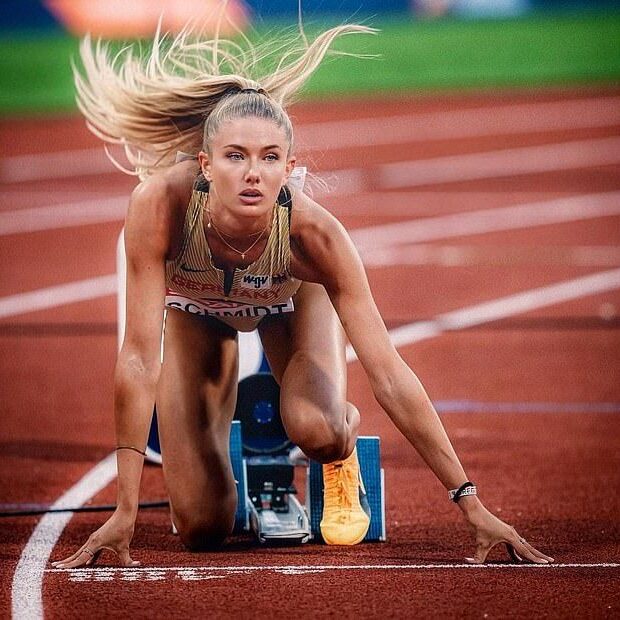
Daily Caloric Needs and Intake
Athletes require specific daily calorie intake to support their intense training and recovery. This section will explore how to calculate caloric needs and the importance of the quality of calorie sources.
Calculating Caloric Needs
To determine your daily caloric needs, consider your activity level, body weight, and training intensity.
- Basal Metabolic Rate (BMR): This is the number of calories your body needs to maintain basic functions at rest. You can use the Mifflin-St Jeor equation:
- For men: BMR = 10 x weight (kg) + 6.25 x height (cm) – 5 x age (years) + 5
- For women: BMR = 10 x weight (kg) + 6.25 x height (cm) – 5 x age (years) – 161
- Total Daily Energy Expenditure (TDEE): Multiply your BMR by an activity factor:
- Sedentary (little exercise): BMR x 1.2
- Lightly active (light exercise/sports 1-3 days a week): BMR x 1.375
- Moderately active (moderate exercise/sports 3-5 days a week): BMR x 1.55
- Very active (hard exercise/sports 6-7 days a week): BMR x 1.725
- Super active (very hard exercise/physical job): BMR x 1.9
Quality of Calorie Sources
Not all calories are created equal. The quality of the foods you eat can impact performance and recovery.
- Nutrient-Rich Ingredients: Focus on whole foods, such as:
- Lean Proteins: Chicken, fish, beans, and legumes for muscle repair.
- Whole Grains: Brown rice, quinoa, and oats for long-lasting energy.
- Fruits and Vegetables: Provide vitamins, minerals, and antioxidants to support overall health.
- Balanced Macronutrients: A good mix typically includes:
- Carbohydrates: 45-65%
- Proteins: 10-35%
- Fats: 20-35%
Ensure that you choose healthier fats, like avocados and nuts, over processed options. Aiming for quality helps you fuel your body effectively for optimal performance.
Dietary Strategies for Peak Performance
To reach peak performance, you need to focus on meal timing, maintain a balanced diet, and address your individual needs. Each strategy plays a crucial role in your training and recovery.
Timing of Meals and Recovery
Proper meal timing is essential for optimizing your performance. Eating at the right times helps replenish energy stores and aids muscle repair.
- Pre-Workout: Aim to eat a meal containing carbohydrates and protein about 2-3 hours before training. This fuels your energy levels.
- Post-Workout: After your workout, consume a meal or snack rich in protein and carbohydrates within 30 minutes. This aids in muscle recovery and growth.
Your meals are not just about what you eat but when you eat. Plan your meals around your training schedule for best results.
Balanced Diet and Cheat Meals
A balanced diet includes carbohydrates, proteins, and healthy fats. Each nutrient plays a significant role in supporting your athletic goals.
- Carbohydrates: These are your primary energy source. Include options like whole grains, fruits, and vegetables.
- Proteins: Aim for 0.65 to 1 gram of protein per pound of body weight for muscle repair. Lean meats, dairy, and plant-based proteins are excellent choices.
- Fats: Incorporate healthy fats from sources like avocados, nuts, and olive oil for overall health.
Cheat meals can also be part of your diet. Indulging occasionally helps with mental satisfaction and can prevent feelings of deprivation. Just be mindful to keep them in moderation.
Addressing Individual Dietary Needs
Every athlete’s nutritional needs are unique. Personalized nutrition plans can help you achieve your specific goals.
- Assess Your Needs: Consider factors like age, weight, sport, and training intensity. This will provide insight into your specific requirements.
- Consult a Nutritionist: A professional can guide you in creating a meal plan that aligns with your goals while considering food preferences and intolerances.
- Monitor Progress: Keep track of how your diet impacts your performance. Adjust your plan based on your progress and how you feel.
By focusing on these strategies, you can enhance your diet and maximize your potential as an athlete.
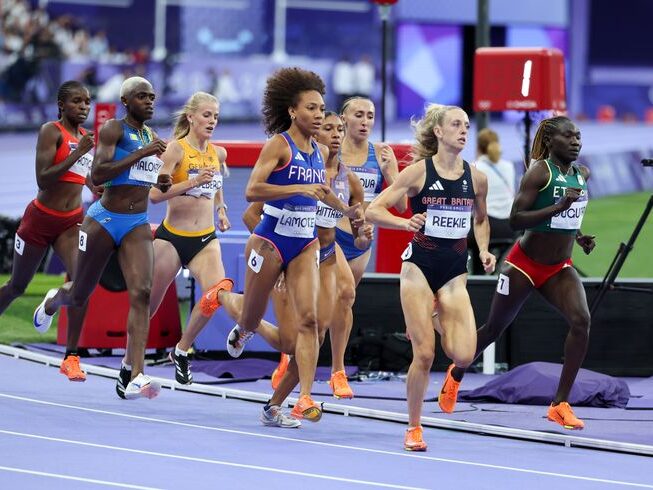
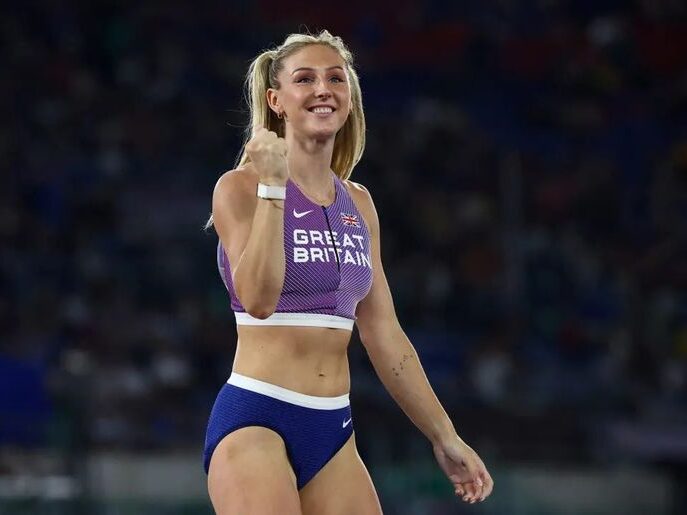
Special Dietary Considerations in Athletics
Athletes often face unique dietary challenges. These challenges include choosing the right types of foods to support performance, managing body composition, and addressing potential eating disorders. Focusing on these areas can help you maintain your health and enhance your athletic ability.
Plant-Based Diets for Athletes
Adopting a plant-based diet can provide numerous benefits for athletes. This type of diet emphasizes fruits, vegetables, whole grains, legumes, nuts, and seeds. By including a variety of these foods, you can gain essential vitamins and minerals.
It’s important to ensure you’re getting enough lean protein. You can find protein in foods like beans, lentils, and quinoa. Additionally, incorporating healthy fats from sources like avocados and nuts supports overall energy needs. Make sure to plan your meals to fulfill all nutritional requirements, as well-rounded nutrition is key for peak performance.
Managing Weight and Body Composition
Maintaining a healthy body composition is essential in athletics. Athletes often need to find a balance between muscle mass and body fat. Understanding your specific goals can help guide your dietary choices.
To manage weight, focus on portion sizes and nutrient density. Include plenty of vegetables and whole foods while limiting processed options. Tracking your intake can provide insight into your eating habits and help you make adjustments as needed. A registered dietitian can also assist in creating a tailored plan that supports both performance and body composition goals.
Coping with Eating Disorders
Eating disorders can affect athletes due to the pressure to perform and look a certain way. These disorders may manifest as excessive dieting, binge eating, or other unhealthy habits. It’s critical to recognize the signs early and seek help.
Creating a supportive environment is vital. Encourage open conversations about nutrition and body image. Work with professionals such as dietitians or therapists to ensure a healthy relationship with food. Emphasizing the importance of nutrition for performance can shift the focus from appearance to health, benefiting your athletic journey.
Case Studies: Diets of Elite Athletes
Elite athletes have unique diets that fuel their performance. Their eating habits range widely, influenced by personal preferences and cultural backgrounds. Here are some insights into the diverse diets of champions.
Diverse Eating Habits of Champions
Usain Bolt, known for his incredible speed, enjoys more than just a healthy diet. He famously indulges in chicken nuggets and chocolate as part of his meals. This combination may seem unusual, but it suits his high-energy lifestyle.
Michael Phelps, a legendary swimmer, consumes a staggering amount of food daily. His diet includes pasta, eggs, and whole grains, often totaling around 12,000 calories a day during intense training. This level of intake supports his rigorous workout routine.
Serena Williams and Allyson Felix focus on balanced meals rich in protein, fruits, and vegetables. Williams often incorporates lean meats and whole foods, while Felix emphasizes whole grains and nutrient-dense options to support her athletic demands.
Cultural Influences and Personal Preferences
Carl Lewis, a renowned track and field star, had a diet shaped by his upbringing. He followed a vegetarian and later vegan diet, emphasizing plant-based foods. His choices reflected both personal beliefs and a commitment to health.
Cultural influences also play a role in dietary choices. For instance, athletes from various backgrounds may incorporate traditional dishes from their cultures, blending performance with heritage.
This mix of personal preference and cultural significance drives the eating habits of elite athletes, creating unique diets that cater to their needs and lifestyles.
